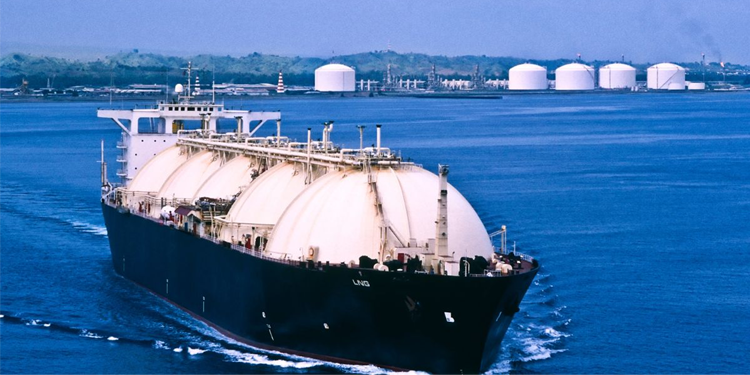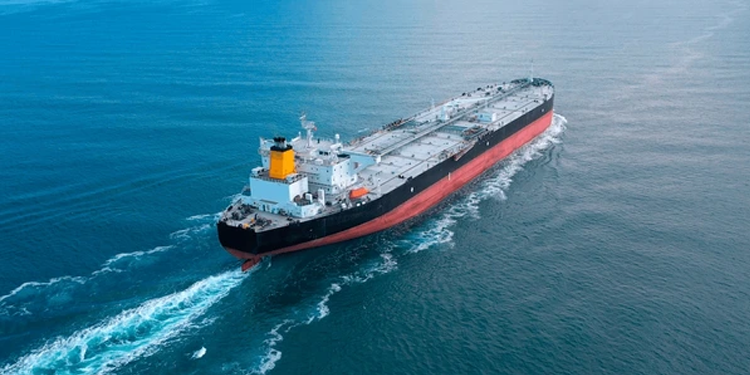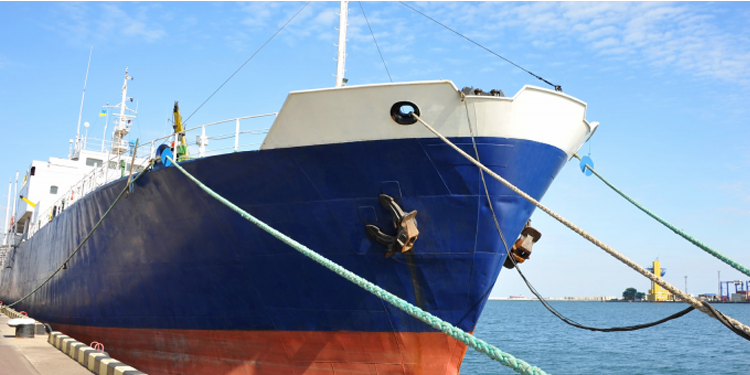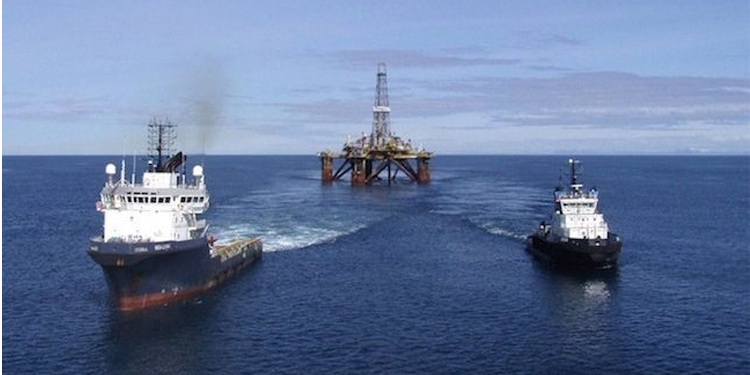Lone Starf Fuel Storage and Tranfer Shipping Services
The basis of the firm is Storage and distribution—shipping raw materials to locations where they can be refined, processed, and then used, or delivering them to places where there is a shortage. This entails transporting crude oil in big tankers to refineries, then transporting the finished product to the point of consumption for oil.




